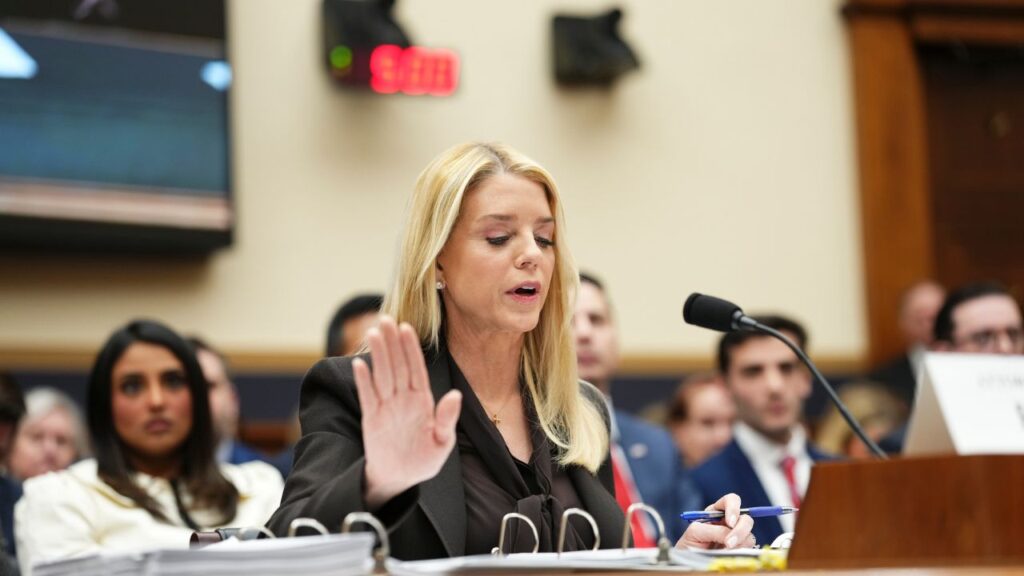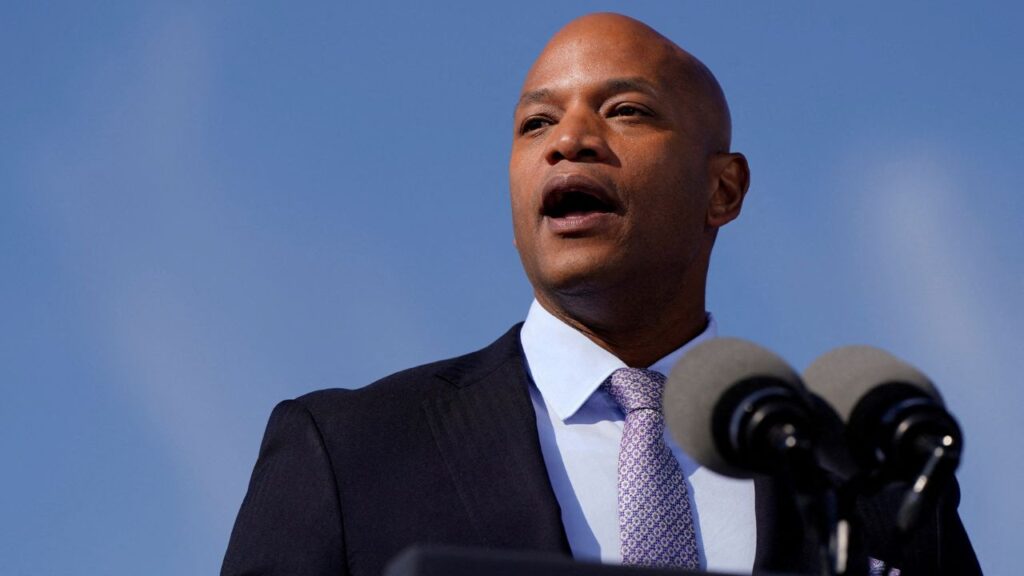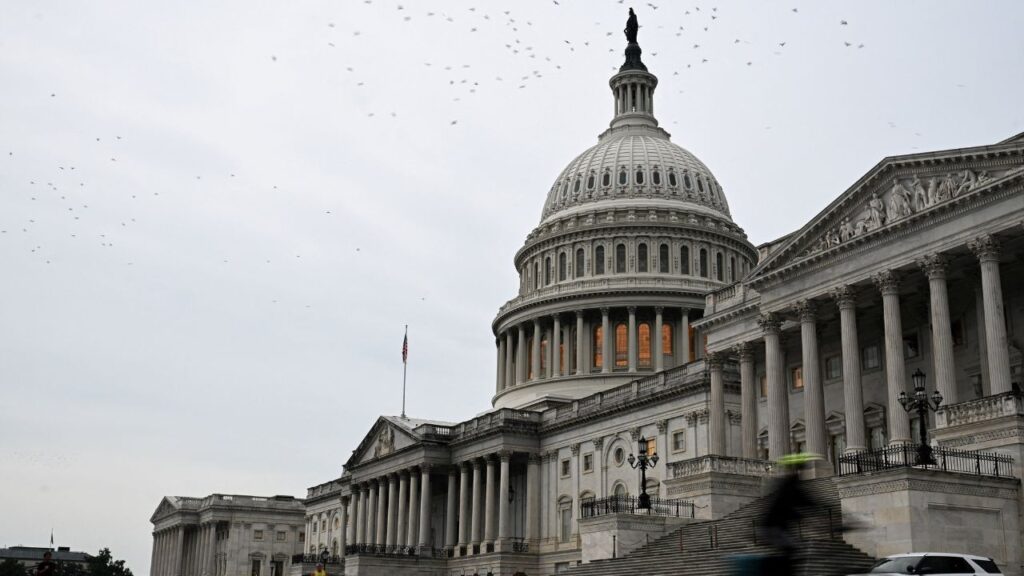Share
California has led America’s climate fight by pioneering solutions here at home like cap-and-trade and tailpipe pollution reduction targets that the federal government and other states have adopted.
We can once again play this role, paving the way for President-elect Joe Biden’s goal of building 500,000 electric vehicle charging stations, by overcoming barriers preventing low-income and disadvantaged Californians from accessing chargers.

By Amanda Myers
Special to CalMatters
Electric vehicle charging access may not be considered climate policy, but it’s incredibly important to cutting greenhouse gas emissions. Transportation is the largest source of California and U.S. emissions, and California’s new goal of 100% zero-emission passenger vehicle sales by 2035 is arguably the world’s strongest clean transportation target – but it cannot succeed without installing chargers in low-income communities and multi-unit dwellings.
We’re America’s largest electric vehicle market, but home charging access still determines whether or not someone will purchase or lease an electric vehicle. In single-family homes, charging is straightforward – even an extension cord works. But charging is complicated for the 50% of Californians who reside in multi-unit dwellings, where 20% of total vehicles are located statewide.
This is also an economic imperative because owning an electric vehicle can save drivers between $6,000 and $10,000. Failing to add enough charging infrastructure so drivers can buy electric instead of gas-powered vehicles risks missing our climate goals and exacerbating energy burdens on low-income and disadvantaged residents.
The California Energy Commission’s $384 million clean transportation plan, which dedicates half its funding to disadvantaged communities, is a step in the right direction. But ensuring everyone can access clean transportation requires robust funding and policy solutions.
These Policies Will Help Phase Out Internal Combustion Engines
We can expand multi-unit dwelling charging infrastructure through equity-centered policies: Smart utility planning, forward-looking building codes, streamlined charger permitting and updated parking minimums.
These policies will help phase out internal combustion engines while ensuring low-income and disadvantaged communities save money and breathe cleaner air by adding chargers at multi-unit dwellings instead of secondary alternatives like workplaces or public locations.
Electric utilities are key to transportation electrification. While California’s electricity demand has been stagnant for a decade, demand will increase as we electrify our vehicles. Utilities can invest in charging infrastructure across underserved markets without raising electricity costs by applying their huge balance sheets and low cost of capital where the private market is unable or unwilling to step in.
Utilities can also strengthen the grid by shaping electric vehicle charging behavior through pricing and rebate programs, helping avoid events like August’s power outages and cutting customer costs by charging with excess solar during the day or cheaper power at night. While our utilities have begun this effort, the California Public Utilities Commission should prioritize managed charging in its Transportation Electrification Framework, which will guide utility regulation.
California’s green building code smartly requires new construction parking spots include equipment to support electric vehicle charging. State policymakers should strengthen this by requiring more “EV-ready” parking spots, while local jurisdictions should go above the state minimum to enable more charging, avoiding expensive post-construction retrofits and saving money on charging infrastructure.
Local governments can also cut costs by streamlining charger permit approvals, but many jurisdictions lag behind here. California passed legislation in 2015 to weave together our patchwork of permitting policies, and the Governor’s Office of Business and Economic Development’s plug-in readiness guidebook can help local governments expedite charging installations.
Zoning laws governing parking minimums dictate off-street parking availability at different buildings, but can force charging spaces to compete with – and often lose to – these requirements in areas with constrained and expensive land. As California’s vehicles electrify, this problem will worsen as charging demand requires more charging spaces. Local governments can amend these policies, but the state Legislature should also pass legislation to overcome this growing barrier.
California faces challenges ensuring affordable clean transportation options for all residents, not just wealthier ones with an easier path to electric vehicles. While the state is directing investments toward communities that need it most, it must also enact policies to make going electric easier and more affordable.
President-elect Biden’s electric vehicle charging goals may face many of these same barriers to equitable deployment. By overcoming challenges here, California can demonstrate smart policy ensures enough electric vehicle chargers are installed to slow climate change in the locations that enable access for all residents, not just a wealthy few.
About the Author
Amanda Myers is the senior policy analyst for Energy Innovation, a nonpartisan climate policy think tank, power@energyinnovation.org.
[activecampaign form=19]RELATED TOPICS:
Categories

Israel to Join Trump’s ‘Board of Peace’, Netanyahu Says

Instagram’s Top Exec Grilled over Safety Decisions at Trial

















